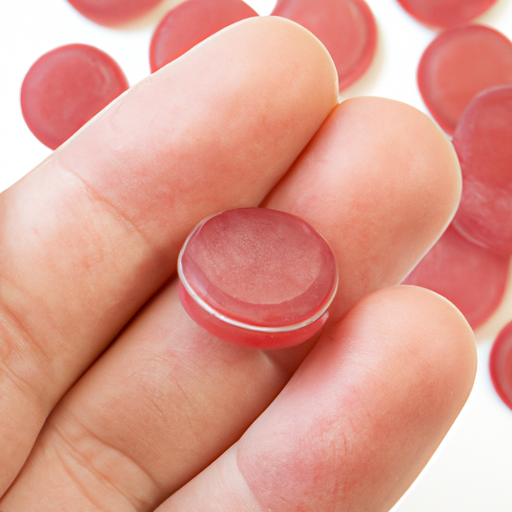Uncategorized
Can Throat Lozenges Aid in Treating Strep Throat?
Strep Throat: Symptoms, Complications, and Treatment
Strep throat is a bacterial infection that causes a scratchy and sore throat. Unlike most other sore throats that are caused by viruses, it is caused by a bacteria called group A streptococci, which spreads through person-to-person contact with saliva and fluid from the nose. It is more common in children and teens between five and 15 years old, but anyone can get it.
Although most sore throats may go away on their own, leaving strep throat untreated could lead to severe complications, some of which can be fatal or cause lasting damage.
Do Lozenges Work for Strep Throat?
There are several ways to treat the symptoms of strep throat, but the most common is using throat lozenges. The important question is — do they work?
We make it easy for you to participate in a clinical trial for Strep throat, and get access to the latest treatments not yet widely available – and be a part of finding a cure.
Signs and Symptoms of Strep Throat
Some of the signs of strep throat include:
- Sore throat
- Painful swallowing
- Fever
- Swollen tonsils
- Tiny red spots on the roof of the mouth
The symptoms are the same for adults and children. Although these signs could indicate strep infection, it is impossible to identify it yourself based on symptoms alone. You need to visit a doctor for testing to make a definitive diagnosis.
Failure to pursue diagnosis and treatment of strep throat can lead to life-threatening complications.
Do Lozenges Treat General Sore Throats/Pharyngitis?
It is important to note that lozenges only lessen the symptoms of a sore throat — they do not treat the underlying cause. For sore throats caused by viruses, often the only treatment is supportive methods to alleviate symptoms and waiting for your body to right itself. For bacterial strep throat, the definitive treatment is antibiotics.
There is research regarding the use of lozenges for general sore throats, as well as for strep throat. Clinical trials to determine the benefits of lozenges for sore throat have shown that using antiseptic lozenges, such as Betadine and Strepsils lozenges, results in only a small reduction in sore throat pain.
Different brands of lozenges use different formulations with various active ingredients, such as antiseptics, pain relievers, menthol, etc. Clinical studies have shown that some of these active ingredients provide pain relief. A study found benzocaine lozenges offer quick pain relief compared to placebos. And a research review found flurbiprofen lozenges reduce sore throat pain.
Why You Shouldn’t Leave Strep Throat Untreated
No, you shouldn’t. If you leave strep throat untreated, it can lead to:
- An infected mass in the tonsils area
- Streptococcal glomerulonephritis, a rare kidney disease
- Rheumatic heart disease
- Rheumatic fever
- Inflammation of the joints, heart, or kidney
- Scarlet fever
- Skin diseases like impetigo and cellulitis
If left untreated, strep throat can remain contagious for a few weeks, but once you start treatment, you won’t be contagious after 24 hours.
Even though some of these infections are very rare, they are severe and should be prevented at all costs. Most of us turn to lozenges for sore throat, under the impression that they treat it, but they only help with the symptoms of strep throat.
If you believe you have strep throat, it is important you visit a doctor to see whether you need antibiotics.
How to Soothe a Sore Throat
Apart from lozenges for sore throat, there are several ways to ease sore throat pain, whether it is caused by bacteria or viruses. Some of the things you can do to minimize or eliminate a sore throat include:
- Using medication such as ibupro

 Skip to content
Skip to content


